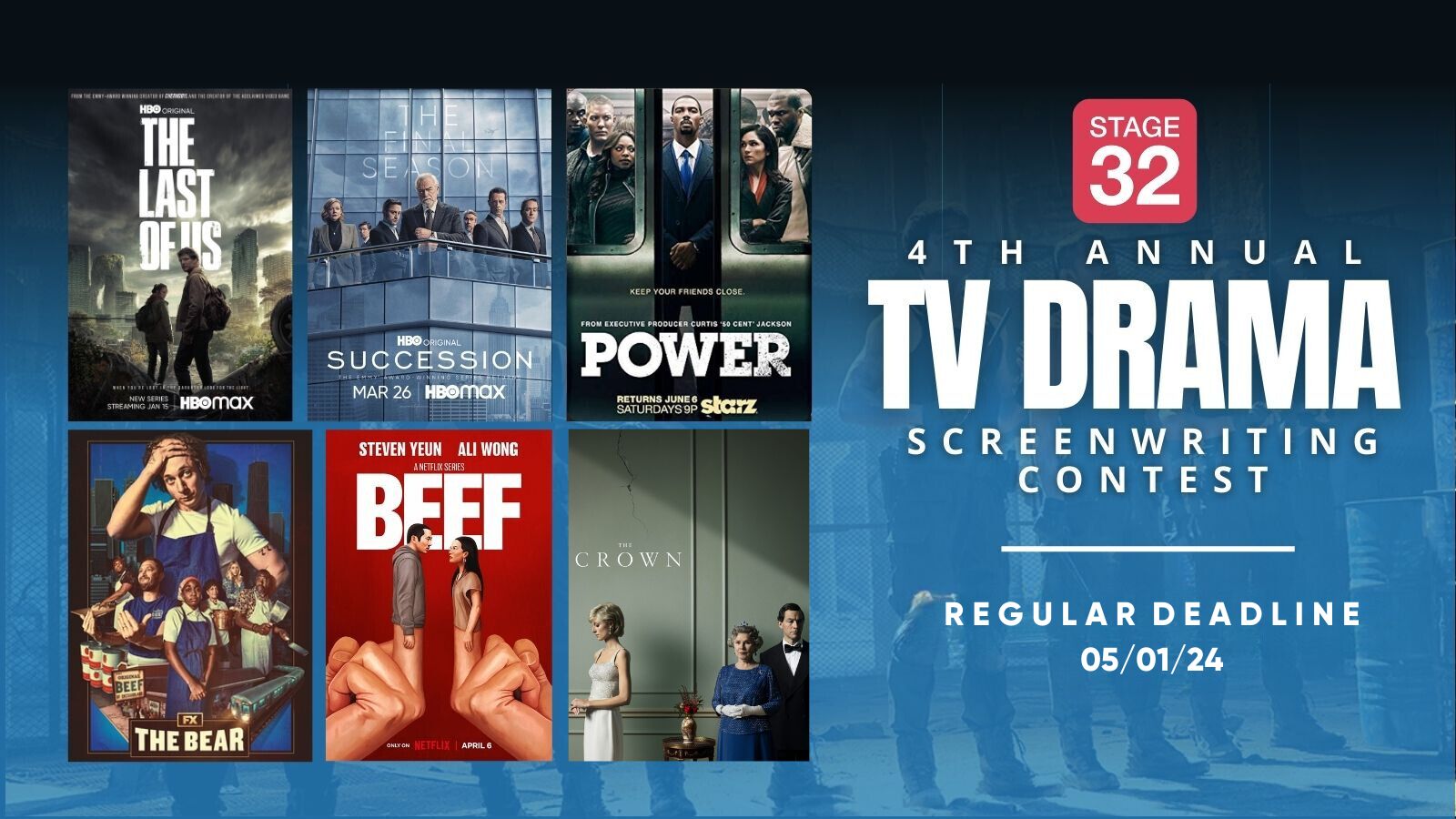I wrote a film a historical fiction with an adolescent African American girl as a lead and an Native American adolescent boy as supporting lead. I truly want to have a very inclusive production team even at the development stage. In your opinion when you are writing about a person of a different nationality as you do you need to make sure the team reflects that. I would like to hear your opinion.



2 people like this
Ina Norris Your Team - I would say no, you do not really need a diverse team in order to write diverse content. But it could be an added advantage to your company if you did with that being said the most unrepresented people in the industry and the world today are people who are differently-abled which is not based on race or culture. Best
2 people like this
Ina Norris It really depends on the material, and the intended audience. There are often cultural and community nuances reflected even in language, idiom and other sometimes very subtle things which a writer and director may miss. Things like the name of a character which, unknown to the writer, may have a specific connotation to a community that you are unaware of (that's an example from my own experience writing in a Romanian setting). So the "team" needn't be reflect the content, but somewhere along the way you do need some first-hand input from someone who is fluent in both cultures.
1 person likes this
Hey, Ina! What a fantastic question! My two cents is taken from Candice Patton of CW's The Flash. She made mention that being a person of color in front of the camera was made uncomfortable when there were so very few on the other side of the camera - hair and make-up, for example, is a great place to consider the inclusivity of your crew, as is your camera operators, since they may also have to interact with your talent.
I think a bigger question is - is hiring a diverse crew important to you to show your overall mission? If you follow Diane Foster on IG, you'll note that it is the bedrock of her company: https://www.instagram.com/dianefosterofficial/
All that to be said, I think it's important - for you, for your talent, for the vibe you'll create on set by taking the time to consider these things before you hire. Not a sermon, just a thought ;-)
The answer is an obvious and resounding "yes". With the fewest of exceptions, as a writer it's just ego and hubris to think a script specifically featuring parts for a person of color or other nationalities/ethnicities would not benefit from the insights and perspectives of someone from that same background. The same goes for the actual production. Filmmaking is a team endeavor and to ignore the numerous benefits of a diverse crew, especially for a diverse script is at the very least close-minded, which is never a good thing for story-telling, creativity or artistic endeavor.
5 people like this
I always think about it like this: diversity is one thing but inclusion is something completely different (and hopefully the future of filmmaking). I, personally, believe that inclusion should be important during all production stages and if you're able to make that happen then that's wonderful! I also think inclusive storytelling and development always benefits creativity on all levels.
1 person likes this
Jess Waters Well said.
1 person likes this
I think it's important for the story's authenticity.
1 person likes this
I love that answer, Jess Waters, and a totally worthwhile clarification. Diversity is the foundation, but inclusivity is the goal!
Thank everyone for their comments. Great advisement.
1 person likes this
At the end of the day people are people, but conducting an interview with a person of that race always helps with insight.
1 person likes this
If I were writing about Native Americans, I would look at Smoke Signals first. That reminds me of when I lived on the Rez. And I would go down to a rez, if my story were based there, or the neighbourhood where the character lives (if it were about an urban Native American, to that town.)
Merely being part of an ethnic group does not mean you share a common experience. Generations feel different elements, so do people who experience family break-up, poverty, religious persecution, bullying, severe illness... basically, you need to get out of your own experience to create a character, even one that looks exactly like you.
The silly idea that you can only tell stories about your own culture and experience is extremely boring. It is the opposite of creativity.